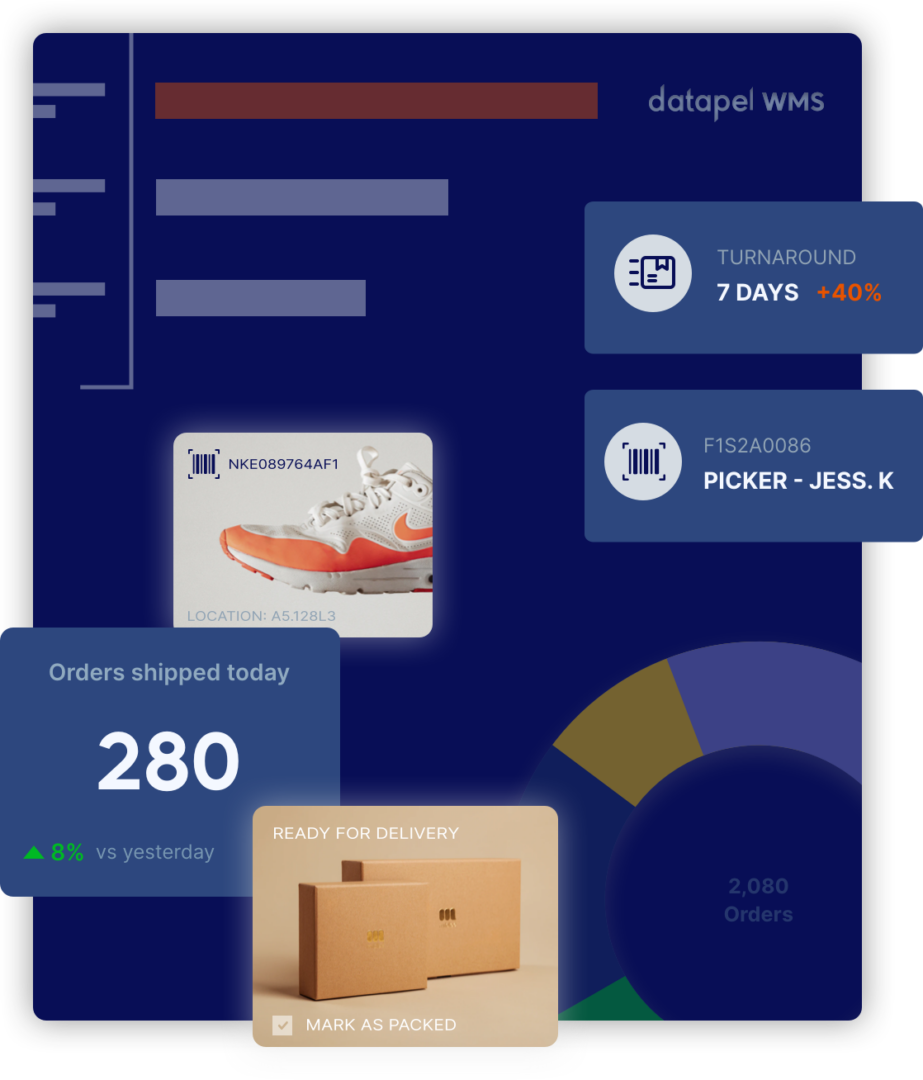Mastering Supplier Relationship Management: Key Strategies for Success
Contents
In the fast-paced and ever-changing world of business, success often hinges on a multitude of factors. One critical element that has gained increasing prominence in recent years is Supplier Relationship Management (SRM).
In this comprehensive article, we will delve deep into the world of SRM, providing you with key strategies that will not only streamline your supply chain but also propel your business towards unprecedented success.
The Imperative of Supplier Relationship Management (SRM)

Let’s begin by emphasising the importance of SRM. It’s not merely an option for modern businesses; it’s a necessity.
A well-executed SRM strategy offers a plethora of advantages, including a consistent flow of quality goods and services, reduced operational costs, risk mitigation, and the promotion of innovation. In today’s intensely competitive marketplace, businesses that neglect SRM risk being left behind.
As the eminent business guru, Richard Branson, aptly stated, “Your suppliers are your partners in success. Treat them as such, and they will go the extra mile to elevate your business.” With this foundational understanding, let’s explore the top strategies for mastering SRM:
1. Segmentation and Prioritisation
Begin by categorising your suppliers based on their importance and impact on your operations. Not all suppliers are created equal, and focusing your efforts on the right ones can yield substantial benefits. Prioritise nurturing relationships with strategic suppliers who can significantly affect your business outcomes.
Why is this crucial? Effective segmentation and prioritisation allow you to allocate your resources where they matter most. By focusing on your key suppliers, you can deepen your collaboration and create a symbiotic partnership that drives mutual success.
2. Clear Communication
Establish open lines of communication with your suppliers. Transparency is paramount here. Share your business goals, expectations, and performance metrics openly and candidly with your suppliers.
Why is this crucial? Clear and transparent communication fosters trust and alignment between you and your suppliers. It ensures that both parties are on the same page, reducing misunderstandings and disputes that can hinder the progress of your business relationship.
3. Performance Measurement
Implement Key Performance Indicators (KPIs) to evaluate supplier performance. Regularly review and assess supplier performance against agreed-upon benchmarks.
Why is this crucial? Measuring supplier performance keeps your suppliers accountable and helps you identify areas for improvement. It also provides data-driven insights that can guide strategic decisions, ensuring that your supply chain operates efficiently.
4. Collaborative Innovation
Encourage collaboration and innovation with your suppliers. Explore joint initiatives, such as product development or process improvement, that can create mutual benefits.
Why is this crucial? Collaborative innovation can lead to breakthroughs that give you a competitive edge. When you work closely with your suppliers, you tap into their expertise and foster a culture of continuous improvement that can propel your business forward.
5. Risk Mitigation
Identify potential risks within your supply chain and develop risk mitigation strategies and contingency plans to ensure business continuity.
Why is this crucial? In today’s volatile business environment, risk management is paramount. By proactively addressing risks in your supply chain, you safeguard your operations against disruptions that can have far-reaching consequences.
6. Technology Integration
Leverage technology, such as Supplier Relationship Management software, to streamline processes. Automate routine tasks to free up resources for more strategic activities.
Why is this crucial? Technology empowers you to manage your supplier relationships more efficiently. It simplifies tasks, enhances data accuracy, and enables real-time monitoring of supplier performance, thereby driving efficiency and effectiveness.
7. Continuous Improvement
SRM is an ongoing process; continually evaluate and refine your strategies. Stay adaptable and be ready to pivot when market conditions change.
Why is this crucial? Business landscapes are in constant flux. To stay ahead, you must continually assess your SRM strategies and adapt to evolving market dynamics, ensuring that your business remains agile and resilient.
How a WMS can Assist in Effective Supplier Management

In the pursuit of effective SRM, the role of a Warehouse Management System (WMS) should not be underestimated. Here’s how a WMS can significantly enhance your SRM efforts:
- Inventory Visibility: A WMS provides real-time visibility into your inventory, enabling you to share accurate stock levels and delivery timelines with your suppliers. This transparency fosters trust and facilitates better coordination, helping you avoid stockouts and overstock situations.
- Order Accuracy: By automating order processing and reducing errors, a WMS ensures that your orders are accurate and delivered on time. This reliability strengthens your supplier relationships, as they can rely on your orders being correct and timely.
- Data Analytics: WMS platforms offer robust analytics capabilities, allowing you to analyse historical data and predict future demand. This data-driven approach helps you work closely with your suppliers to optimise inventory levels and streamline operations, ensuring that you maintain a lean and efficient supply chain.
- Collaboration: Many modern WMS solutions include collaboration features that allow you to communicate with suppliers directly through the system. This promotes seamless communication and fosters collaboration on various supply chain activities, from order processing to demand forecasting.

Mastering Supplier Relationship Management is not just a business strategy; it’s a fundamental requirement for thriving in today’s competitive landscape. By implementing these key strategies and integrating a Warehouse Management System, you can significantly enhance your SRM efforts, ensuring that your supply chain operates efficiently and your business thrives.
Remember, your suppliers are your partners in success, and by treating them as such, you unlock the potential for mutual growth and prosperity.

In my role, I oversee the development of insightful blogs that delve into the intricacies of warehouse management. Each piece reflects my dedication to empowering businesses through informative content. Through my team’s extensive experience in the industry, we aim to bring clarity to the complexities of WMS, helping businesses make informed decisions.
Join me on a journey through the ever-evolving landscape of warehouse technology as we explore the latest trends, industry insights, and practical tips to streamline your operations. Feel free to connect, and let’s embark on a collaborative exploration of how WMS can redefine your business efficiency.
Cheers to innovation, efficiency, and the exciting world of warehouse management!







